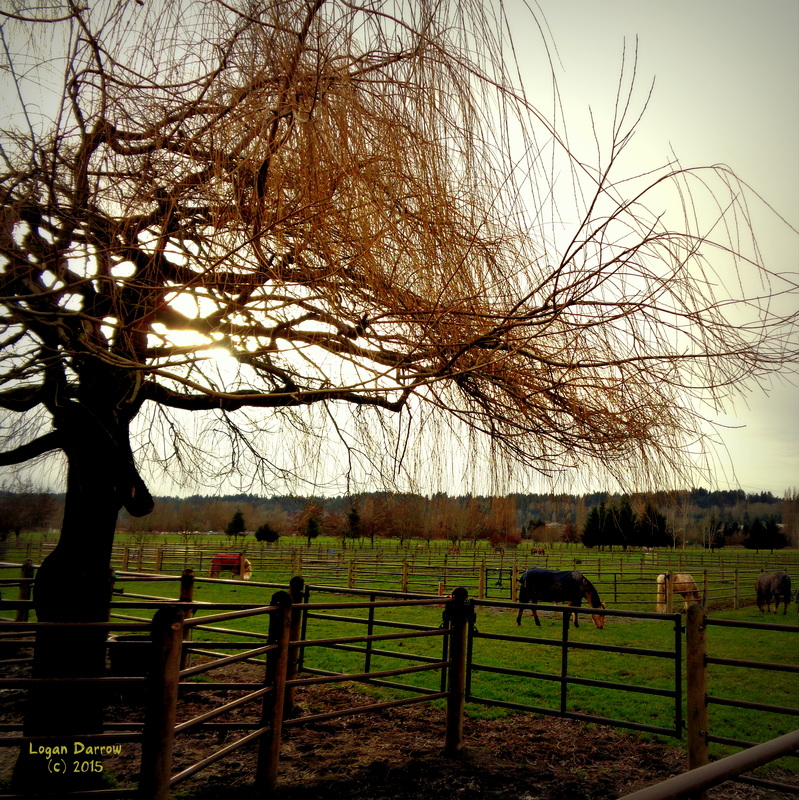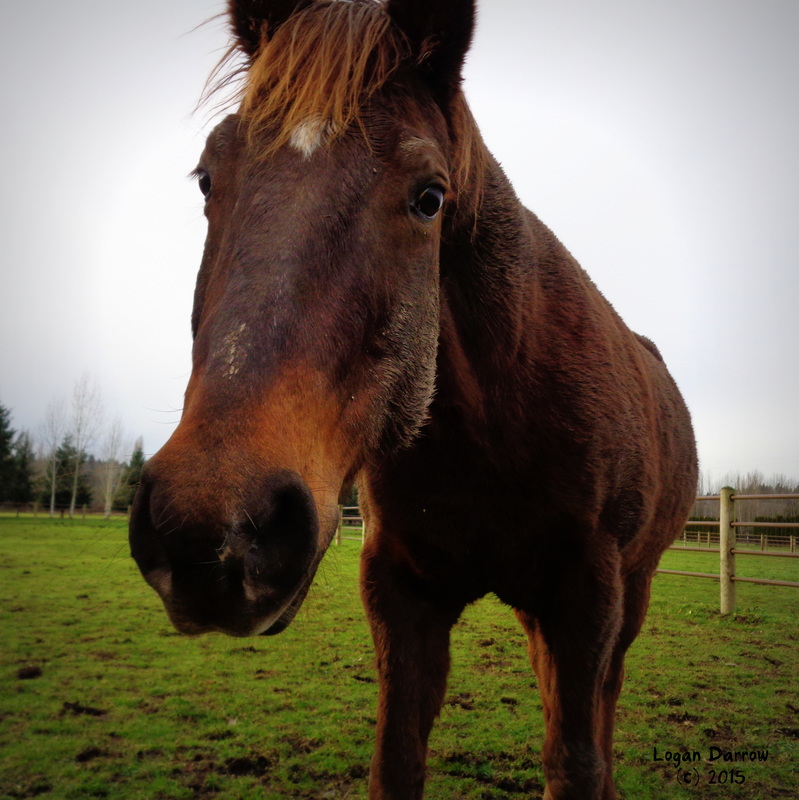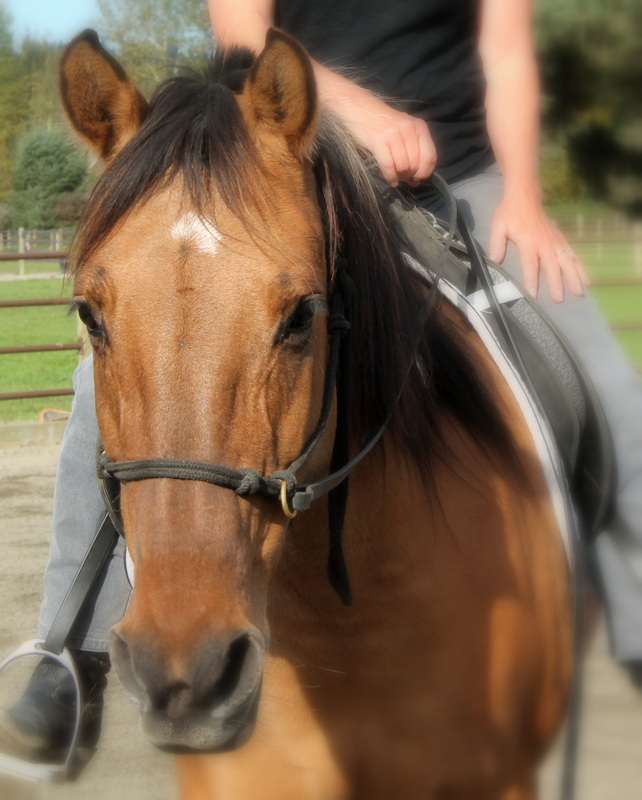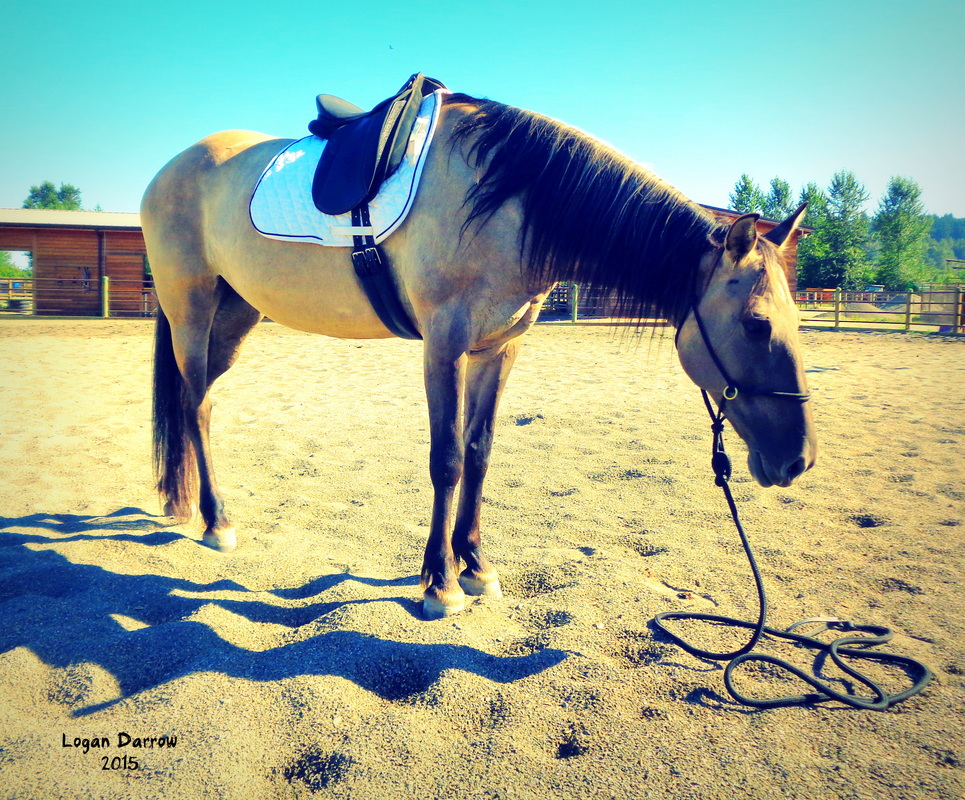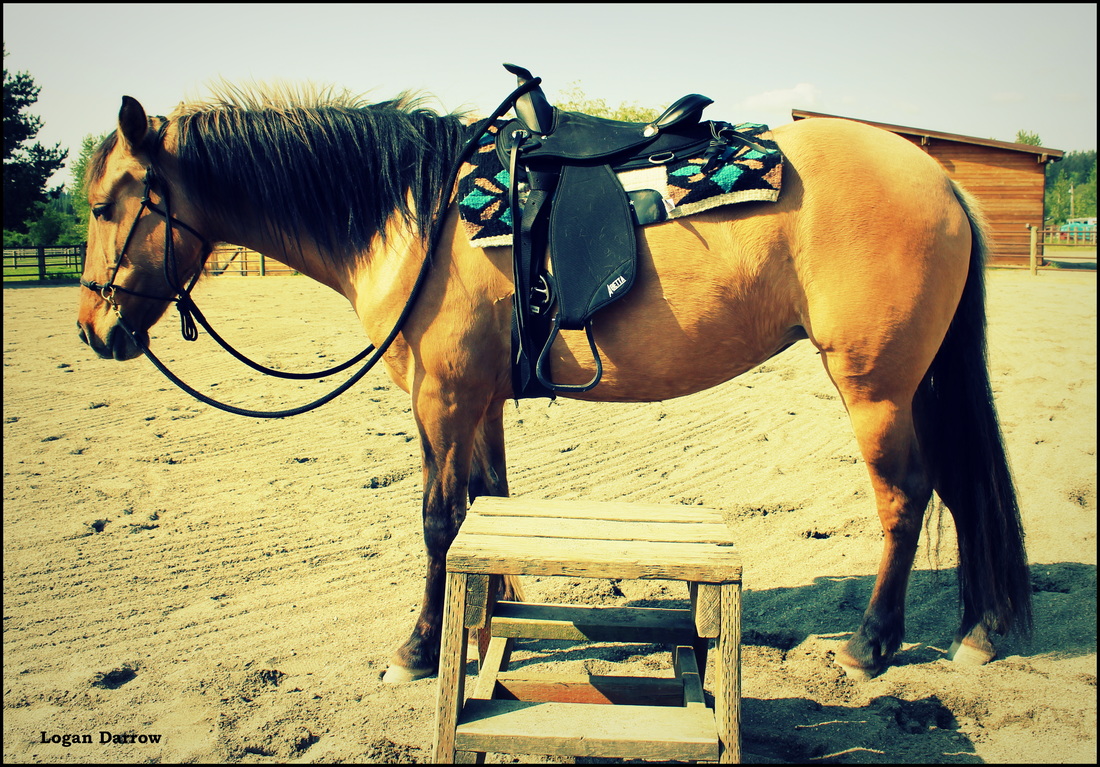|
Strategies for Dealing with Unsolicited Criticism I recently spotted this online ad for a boarding stable: Drama free barn Full turnout Indoor and outdoor arenas $450/month Wait . . . . what? Drama free? What does THAT mean, and why is it the first thing on the list? Hopefully you have not encountered a boarding stable situation in your life that left you knowing EXACTLY what that means: an environment within a community of horse owners that fosters rudeness, gossip, judgmentalism, and even verbal abuse, centered on how you handle, train and ride your horse. In other words, someone has taken it upon themselves to tell you that you don’t know what you’re doing. They have ruined your day, put doubt in your mind, destroyed your focus. If this has been happening to you in your equine environment, or anywhere in your life for that matter, keep reading for some strategies that can help. When a simpleton abused him, Buddha listened in silence; but when the man had finished, Buddha asked him, “Son, if a man declined to accept a present made to him, to whom would it belong?” The man answered, “To him who offered it.” “My son,” said Buddha, “I decline to accept your abuse, and request that you keep it for yourself.” Let’s be perfectly frank here: unsolicited criticism is a put down. It is a way for one person to make him or herself feel important by making another person feel small, it is a form of disingenuously disguised boasting. Claims of “I was only trying to help” and “You’re too sensitive” are just passive aggressive icing on the cake. (We are talking about UNSOLICITED criticism and advice; not instances where criticism and advice have been requested) Now imagine someone walking up to you and holding out a fresh, wet, smelly pile of horse poo like it was some kind of precious treasure. Just because they think you should take it, doesn’t mean you have to. You don’t have to go there. You can decline to accept their "gift." Whoever is trying to bring you down is already below you. Some people have very strong personal boundaries and feel no responsibility to respond politely to someone who has been rude to them. “Thanks for your concern, but I am fine with the way I do things,” said with a smile, followed by turning and walking away, is a perfectly acceptable response, if you feel comfortable with it. This is very important: you are under no obligation to explain, defend or justify what you are doing, and chances are if you try you will just end up in a quagmire, because the other person isn’t really interested in either your well-being or in learning anything; after all they already think they know more than you. If your first push back against unsolicited criticism is ignored, you can turn it back on the other person by asking them questions like “Why are you telling me this?” “Are you a professional horse trainer?” “Are you a veterinarian?” “Who are you again?” Some riders wear earbuds to discourage people from talking to them while they are training or riding. But all this doesn’t mean that you can’t put out overtures of good will if you think there is a chance the other person might be interested in a two-way communication. For example, you can say something like “No, I wasn’t on the wrong lead, I am working on the counter canter; I can explain the benefits if you would like to learn more.” Or how about "This is the first time my horse has trotted calmly past the scary corner of the arena - what diagonal I was on isn't important right now." Most unwarranted criticism simply comes from a misunderstanding of different ways of training horses. I don’t like to use the term “natural horsemanship” because it has no standard definition and has become commercialized, but let’s just say that in some settings there is an uneducated prejudice against principles and methods that originated with teachers and trainers who just happened to be wearing cowboy hats and riding in stock saddles. There's that old saying: the proof is in the pudding. You may find that after a while, people notice your success, and will want what you have. Saskia Morsink-Hilberink of Eponia Coaching in the Netherlands has an excellent coping strategy for riding in public under the scrutiny of those who might not understand or approve of our training methods: “Not letting get myself distracted to what other people and instructors expect (my assumption) or think (another assumption) of me. There were some people looking over the arena and I could see some of them eyeballing what I was doing. I focused on my breathing and how my horse felt underneath me and just let it be." And finally - don't be that person giving unsolicited advice. If you honestly feel that someone is in trouble, or there are safety issues at stake, start first by opening up a dialog: ask questions about what's been happening with their horse then sit back and LISTEN to what they have to tell you, that's how you can find common ground. Some people's feelings will come gushing out, other people will give you social signals that they don't want help. Be respectful! Be a friend, not a judge, a boss or a gossip.
2 Comments
Caroline
1/6/2016 05:41:47 pm
Bravo! Love this!!!!!
Reply
Kathy Price
1/6/2016 10:14:39 pm
Excellent Logan! Just loved the Buddha saying! I look forward to the next installment :-)
Reply
Your comment will be posted after it is approved.
Leave a Reply. |
Your email address will be kept private.
Email me directly at
[email protected] 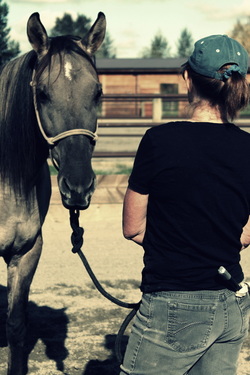
Archives
September 2018
Categories
All
|

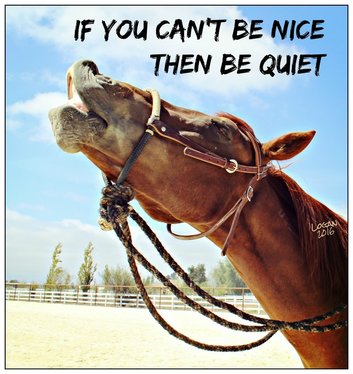
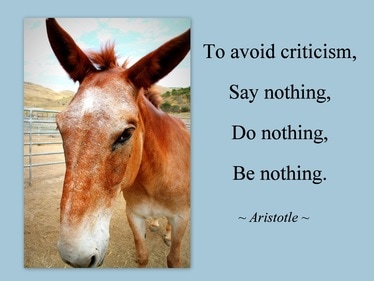
 RSS Feed
RSS Feed
